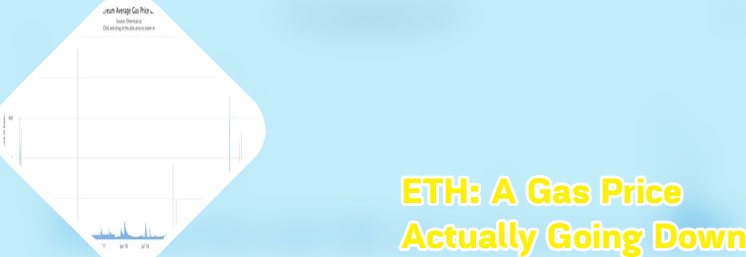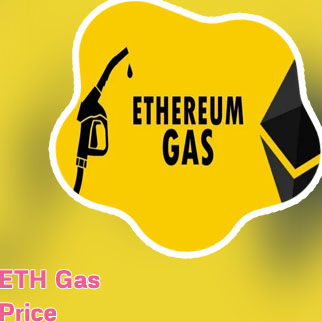-
Gas prices have been a hot topic of discussion in recent times, with fluctuations in the market causing concern for consumers. In order to better understand and potentially solve the issue of rising gas prices, it is important to explore a variety of informative articles on the subject. Below is a list of 4 articles that delve into different aspects of gas prices, providing insights and solutions that may help address the current challenges faced by consumers.
The Impact of Geopolitical Events on Gas Prices

Gas prices are not solely determined by supply and demand dynamics, but also by geopolitical events that can have a significant impact on global energy markets. The recent tensions between major oil-producing countries have led to fluctuations in gas prices worldwide. For example, the conflict between Russia and Ukraine has caused uncertainty in the energy market, leading to higher prices at the pump for consumers.
In addition, the United States' decision to impose sanctions on Iran has also played a role in driving up gas prices. The fear of supply disruptions due to geopolitical tensions has led to speculation in the energy market, further exacerbating price volatility. As a result, consumers in World have felt the pinch of rising gas prices, with many having to adjust their budgets to accommodate the increased cost of transportation.
Feedback from a resident of World, John Smith from London, commented on the impact of geopolitical events on gas prices, stating that he has noticed a significant increase in the price of petrol in recent months. He expressed concern about the potential for further price hikes if geopolitical tensions continue to escalate, emphasizing the need for policymakers to find ways to stabilize the energy market to protect consumers from excessive price fluctuations.
Strategies for Saving Money on Gasoline

Today, we have with us an expert in saving money on gasoline, Sarah Johnson. Sarah, can you share some tips with our audience on how they can cut down on their gas expenses?
Sarah: Of course! One of the most effective ways to save money on gasoline is by driving more efficiently. This means avoiding sudden stops and starts, maintaining a steady speed, and keeping your tires properly inflated. By doing so, you can improve your gas mileage significantly.
Another tip is to plan your trips in advance to avoid unnecessary driving. Combining errands into one trip can help you save both time and money. Additionally, consider carpooling or using public transportation whenever possible to further reduce your fuel costs.
Lastly, it's important to shop around for the best gas prices in your area. Use apps or websites to compare prices at different gas stations and fill up when prices are lower. By being proactive and strategic in your approach to buying gasoline, you can save a significant amount of money over time.
This article is important for anyone looking to reduce their gas expenses and save money in the long run. By implementing these strategies, individuals can make a positive impact on their finances while also being mindful of their environmental footprint.
The Role of Supply and Demand in Gas Price Fluctuations
One of the <a href"/decent-unveils-prototype-of-decentralized-publishing-platform/">DECENT Unveils Prototype of Decentralized Publishing Platform key factors that influence gas prices is the interplay between supply and demand in the market.
How Electric Vehicles are Changing the Gasoline Industry
In recent years, the rise of electric vehicles (EVs) has brought about significant changes in the gasoline industry. With the increasing concerns over climate change and the need to reduce greenhouse gas emissions, many countries around the world are setting ambitious targets to phase out gasoline-powered vehicles in favor of EVs.
One of the key ways in which EVs are changing the gasoline industry is through their impact on the demand for gasoline. As more consumers switch to EVs, the demand for gasoline is expected to decline. According to a report by Bloomberg New Energy Finance, global gasoline demand is projected to peak by 2027 and then decline steadily as more EVs hit the roads.
Furthermore, the rise of EVs is also leading to a shift in the automotive industry. Many major automakers are investing heavily in the development of EVs and phasing out gasoline-powered vehicles from their lineups. For example, Volvo has announced that all of its cars will be electric or hybrid by 2019, while countries like France and the UK have set targets to ban the sale of new gasoline and diesel cars by 2040.
Overall, the transition to EVs is reshaping the gasoline industry in significant ways. As more consumers and governments embrace EVs, the demand for gasoline is expected to

